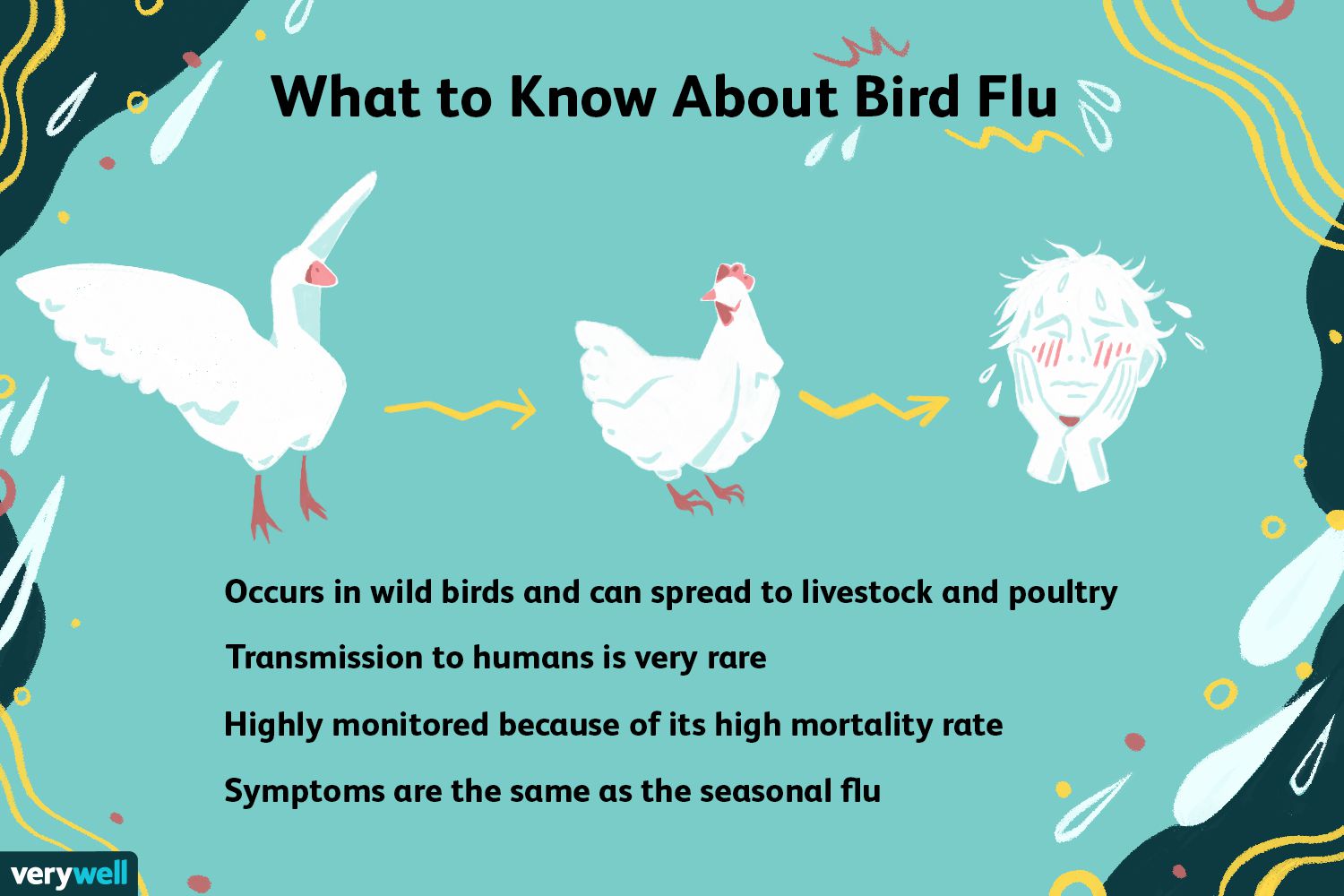
There are several different types of Avian Influenza treatments. Some are effective for those who have had contact with infected birds. Other types are not as effective, but still have a chance of causing illness. These strains are particularly difficult to treat because they are highly pathogenic and cannot be cultured. To combat this virus, doctors use two specific medicines: oseltamivir and zanamivir.
These medicines are effective in treating the disease, but they do not necessarily treat the underlying cause of the infection. Infected individuals should be carefully monitored for flu-like symptoms. Those who have been exposed to infected birds may be given an antiviral drug that prevents the recurrence of the disease. These drugs are approximately 70%-90% effective. However, there is no 100% guarantee that these drugs will protect you against this flu.
The best treatments are vaccines and biosecurity. Vaccines are not available for bird flu, but many of the antivirals developed for human use are effective against avian influenza. These vaccines are only effective if you have been exposed to infected birds. But even if you've never been exposed to avian influenza, you should be prepared. Despite the fact that the disease has no cure yet, the latest medicines can be effective in the treatment of avian flu.
The best way to protect yourself from avian influenza is to avoid contact with wild waterfowl and shorebirds. Infected people with avian influenza should avoid large bird farms and small scale poultry production facilities. And to make sure you're safe and healthy, you should use alcohol-based hand sanitizer on your hands and body. It's easy to contract the virus and can be life threatening for a poultry farmer.
The OIE has issued updated recommendations for combating avian influenza. These include the Interim Infection Control Guidelines for Healthcare Facilities and the WHO novel avian influenza virus. More information can be found on the Pandemic Influenza website https://www.vamospormas.org.mx/. This page provides access to OIE health and safety information.
Bird flu symptoms in humans range from typical flu-like symptoms to eye infections and pneumonia. It can also lead to serious life-threatening complications such as retinitis and encephalitis. The Centers for Disease Control and Prevention is monitoring cases of bird flu to keep people and birds safe. If you have recently been in contact with infected birds, your doctor will prescribe antiviral drugs. Although these drugs do not cure bird flu, they reduce the risk of human infection.
When you have a bird infected with avian flu, the virus is often resistant to antivirals. Rimadadine and oseltamivir have been shown to be ineffective against the H5N1 strain. The only effective treatments for avian influenza are various biosecurity measures. A human vaccine is currently being developed to combat the H5N1 strain of the virus.
The most common Avian Influenza treatments include antibiotics and biosecurity. Infected poultry should be quarantined in a hygienic environment. If possible, close contacts of a bird should report symptoms of the virus to the hospital. Infections can also affect humans, so it's important to protect the birds as much as possible. Depending on the type of strain, the most effective treatment depends on the strain and the disease's severity.
Vaccines for avian influenza are ineffective for H5N1 and H3N2 strains of the virus. Getting a flu shot will prevent you from contracting avian influenza. Getting a flu shot is also a great way to prevent the disease. While there are no specific treatments for H5N1, you should avoid contact with small farms that raise a lot of birds. Using an alcohol-based hand sanitizer is the best way to protect yourself from getting the virus.
The symptoms of AI are not always immediately apparent in the bird. Infected birds have respiratory symptoms, ocular discharge, and nasal discharge. If the virus has infected a human, it will result in an increased risk of death. The most common treatment for H5N1 is an injection. The medication is effective in treating both human and avian infections. The best treatments for H5N1 can be found in your veterinarian's office.